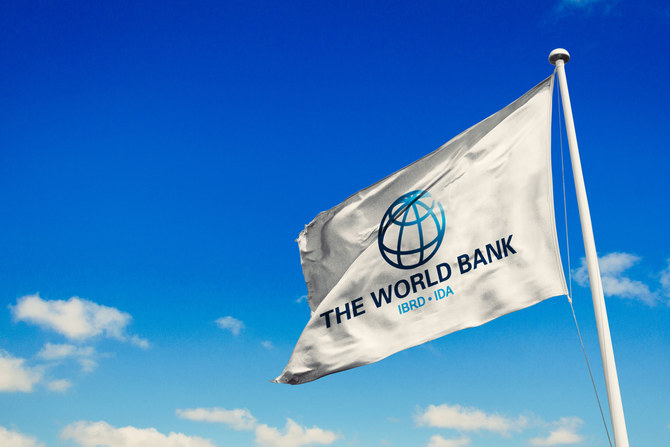The World Bank has called on Nigeria to shift its economic strategy from short-term currency stabilization to deeper, structural reforms that can secure lasting strength for the naira. In its October 2025 Nigeria Development Update, titled “From Policy to People: Bringing the Reform Gains Home,” the institution highlighted the need for consistent foreign exchange (FX) reforms, greater policy clarity, and stronger non-oil revenue systems.
According to the report, recent policy moves by Nigerian authorities have helped restore confidence and bring relative calm to the FX market. Yet, the World Bank cautioned that these gains remain fragile, as the system still leans heavily on temporary capital inflows and an undiversified export base.
“Nigeria’s current FX market stability rests too much on short-term portfolio investments,” the report stated. “To achieve sustainable strength, the focus must turn to building durable inflows from oil, remittances, and especially non-oil exports.”
Moving Beyond Short-Term Fixes
The World Bank observed that high-yield government instruments—particularly Open Market Operations (OMO) bills—continue to attract foreign portfolio investors, offering only temporary liquidity. To create a market-driven and resilient FX ecosystem, Nigeria must attract more stable sources of foreign currency by expanding its export basket and encouraging the formalization of remittance flows.
The report also recommended easing restrictions on banks’ net open FX positions under cautious macroprudential supervision. This approach, combined with improved communication from the Central Bank of Nigeria (CBN) regarding its intervention thresholds and reserves management, would help align the naira more closely with economic fundamentals.
Reform Outcomes Begin to Show Results
Despite lingering vulnerabilities, Nigeria’s FX market has shown clear progress. The unification of exchange rates, modernization of interbank trading systems, and the clearing of outstanding FX backlogs have collectively revived investor confidence.
The World Bank noted that the CBN’s recent policy adjustments, particularly reforms around bureau de change operations and remittance management, have reduced speculation and stabilized the official market. Even during April 2025’s global financial turbulence, the reformed FX framework demonstrated resilience—allowing a modest, controlled depreciation of about 5%, instead of severe volatility.
Non-Oil Exports Drive Positive External Balance
Nigeria’s external accounts have strengthened considerably, reflecting the impact of currency reforms and trade diversification efforts. The current account balance rose to a surplus of 6.1% of GDP in the first quarter of 2025, supported by a trade surplus of $4.2 billion.
A 50% year-on-year increase in non-oil exports, coupled with reduced fuel import costs due to the removal of fuel subsidies and the revival of local refining, played a critical role in this improvement. However, inward remittances slipped by 4.2%, reflecting global economic slowdowns that affected diaspora incomes.
Challenges in Financial Flows and Reserves
Despite these positive trade numbers, the World Bank flagged persistent weaknesses on the financial account side. The first quarter of 2025 recorded net outflows caused by foreign debt repayments, investor divestments, and reduced deposit inflows.
Although foreign direct investment (FDI) improved slightly—hitting $798 million in Q1—it still represents less than 1% of GDP, constrained by infrastructure gaps and an unpredictable business climate.
These outflows briefly cut external reserves from $40.9 billion in late 2024 to $38.3 billion in March 2025. Still, by August 2025, reserves rebounded to $41.3 billion, enough to cover roughly 8.6 months of imports.
The Road Ahead
The World Bank commended Nigeria for implementing bold reforms that have restored a measure of stability to its foreign exchange landscape. However, it stressed that the true test lies in sustaining these improvements through continued transparency, export expansion, and consistent communication from fiscal and monetary authorities.
“Nigeria’s progress is real but remains reversible,” the report warned. “Without deeper structural change and clear policy direction, the current stability of the naira may prove short-lived in the face of global or domestic shocks.”
Ultimately, the message is clear: stability built on short-term inflows is fragile. For Nigeria to achieve a durable and self-reinforcing currency system, it must invest in its productive sectors, strengthen non-oil exports, and make its FX policies as predictable as its potential.

